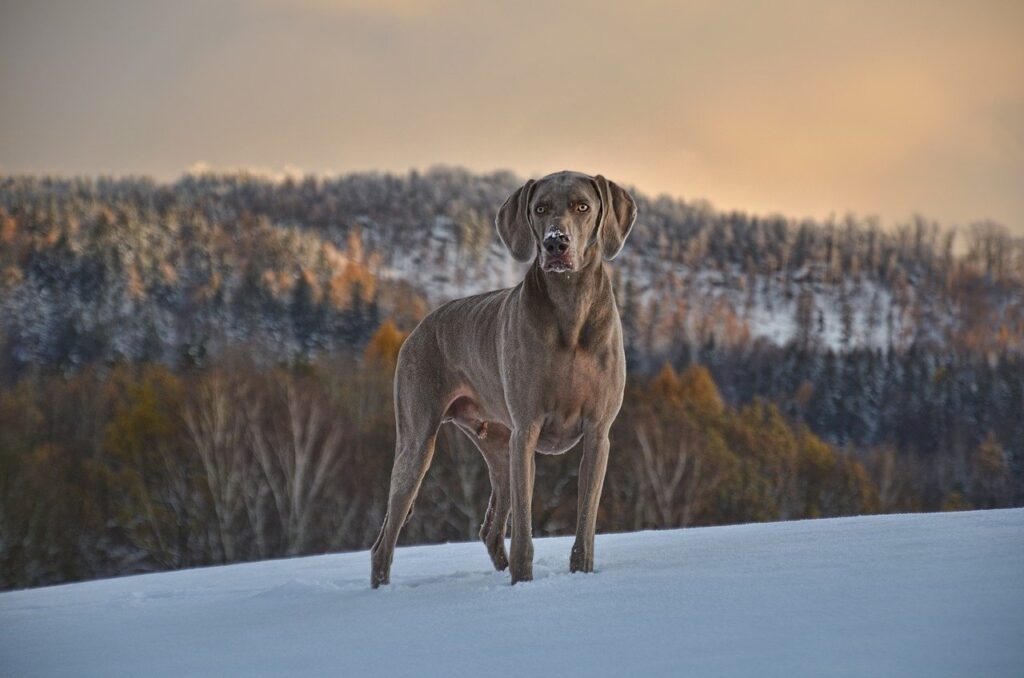Can Dogs Eat Mustard? – No, They Can’t
For pet parents, it’s common to wonder about the safety of foods like mustard for their furry companions. It’s a firm No when it comes to mustard for dogs. This common condiment can actually be quite harmful. Mustard seeds, which are used to make the spread, contain compounds that could upset your pup’s stomach, and in large quantities could potentially lead to more serious health issues. Always keep mustard and mustard-based products out of reach of your dog to prevent any accidental consumption.
Can Puppies Eat Mustard?
Puppies are especially vulnerable due to their developing bodies and immune systems, so the straightforward answer is also a resounding No. Puppies’ digestive systems are not only delicate but they’re also not fully developed, heightening the risks of consuming anything that’s potentially toxic. The compounds found in mustard seeds can be particularly harsh on their tender stomachs, leading to discomfort, or even serious health consequences. Thus, it’s even more critical to ensure puppies are kept away from mustard.
Why is Mustard Harmful for Dogs?
Mustard poses several threats to canine health, mainly due to the composition of mustard seeds. These are the primary reasons why it’s not a safe food for dogs:
Indigestion and Gastrointestinal Upset
Mustard has strong properties that can cause indigestion and diarrhea in dogs. Their digestive systems are not equipped to handle certain spices and pungent flavors, leading to unpleasant gastric distress.
Toxicity of Mustard Seeds
Mustard seeds, from which most mustard is made, can be toxic to dogs. They contain compounds that can cause inflammation and irritation in the stomach, leading to vomiting or other forms of gastrointestinal distress.
Presence of Harmful Substances
Some mustards may contain ingredients like salt, garlic, onions, or artificial sweeteners like xylitol, which are all harmful to dogs. Xylitol, in particular, can lead to severe toxic effects and even prove life-threatening.
Symptoms to Watch Out For After Dogs Consume Mustard
- Vomiting: If your dog starts to vomit, it may be a clear indicator of mustard ingestion. It’s usually one of the first symptoms to appear and can occur shortly after consumption.
- Diarrhea: Keep an eye out for loose or watery stools, as mustard can irritate the digestive tract and cause diarrhea.
- Lethargy: If your normally lively pooch suddenly seems fatigued or uninterested in activity, it could be a sign of distress from eating mustard.
Immediate Steps to Take if Your Dog Eats Mustard
- Do not induce vomiting: Unless instructed by a professional, do not try to induce vomiting at home.
- Contact your vet: If you suspect your dog has consumed mustard, it’s important to get in touch with your vet immediately for professional advice.
- Monitor your dog: Watch your pet closely for any signs of distress and be ready to provide your vet with as much information as possible.
Safe Alternatives to Mustard
While mustard is dangerous for dogs, there are safe alternatives that they can enjoy. Consider offering your dog these safer food options instead:
- Carrots – A healthy, crunchy snack that’s good for your dog’s teeth and is rich in vitamins.
- Apples – A sweet treat in moderation, high in fiber and vitamin C. Just avoid the seeds and core.
- Green Beans – Low in calories and packed with essential nutrients for your pup’s well-being.
Conclusion
Mustard is a definitive no-go for dogs due to its potential to cause gastrointestinal upset and toxicity. Pet owners must practice vigilance and keep such foods out of their dog’s reach. Fortunately, there are plenty of dog-safe alternatives that provide nutritional benefits without the risks. Always consult with a veterinarian for advice on safe dietary choices for your furry friend.
Frequently Asked Questions
What if my dog accidentally licks some mustard?
If it’s just a tiny amount, monitor your dog for any symptoms of distress. However, if they have consumed a notable quantity, or are showing any symptoms, contact your veterinarian immediately.
Is there any kind of mustard that’s safe for dogs?
No, all forms of mustard should be considered unsafe for canine consumption due to the risk of gastrointestinal issues and toxic effects.
Can dogs eat mustard greens?
Mustard greens are different from mustard seeds, but it’s best to avoid them as they can still cause stomach upset in dogs. Always opt for safer greens like spinach or kale.
How can I keep my dog from eating foods like mustard?
Keep such foods out of your dog’s reach and ensure trash cans are secure. Educate everyone in the home about what foods are unsafe for dogs.



